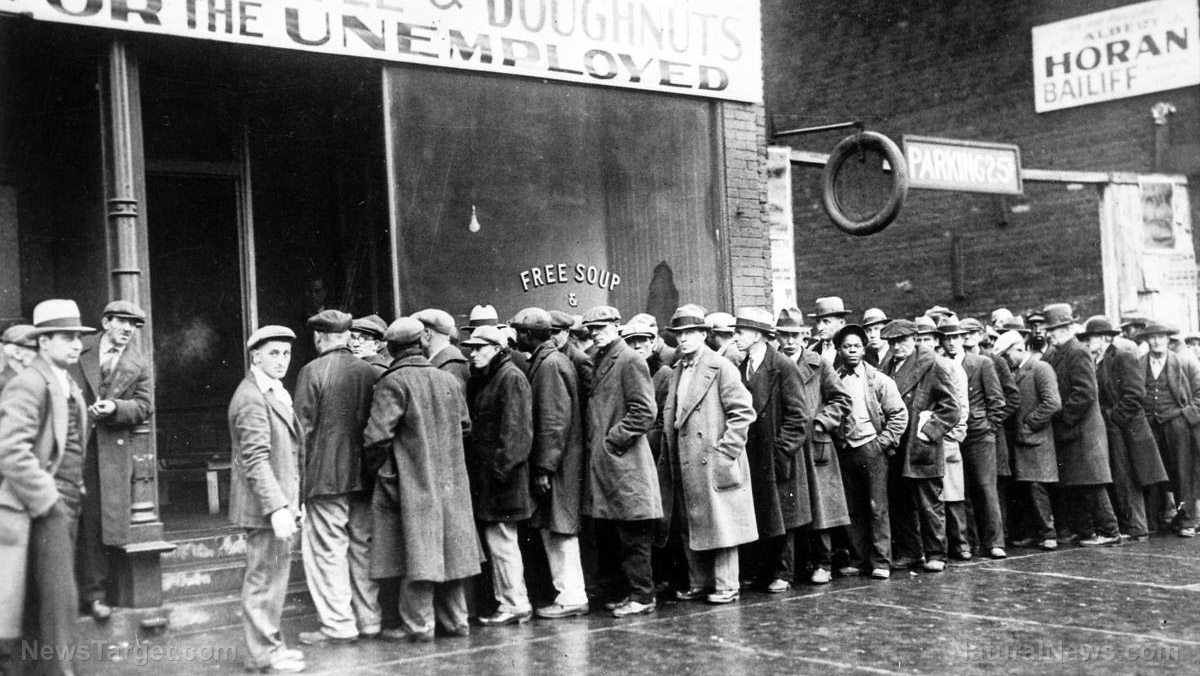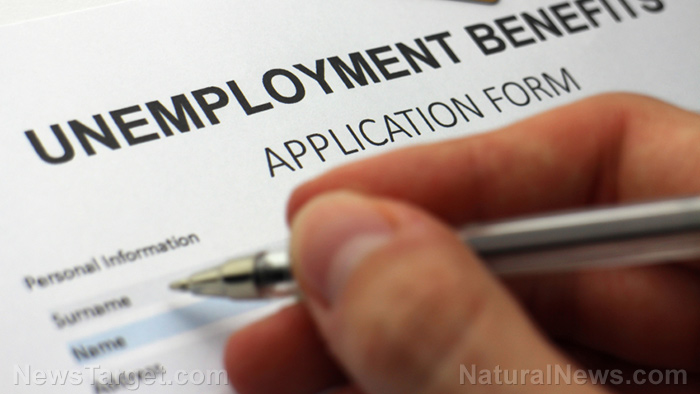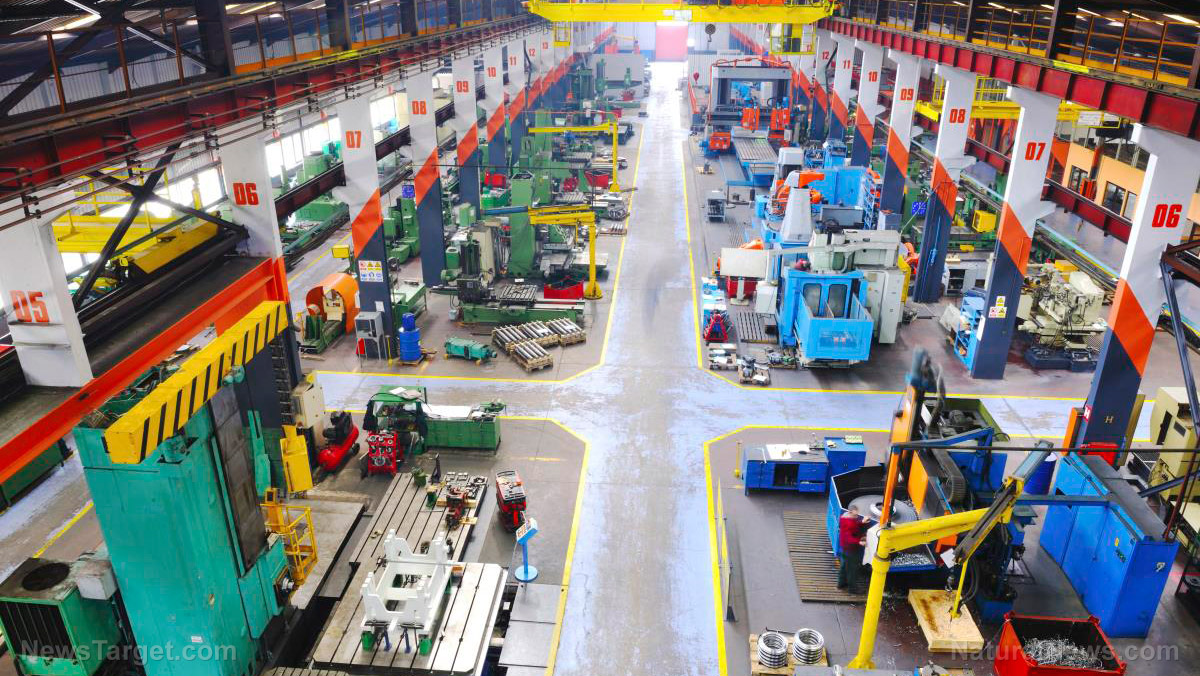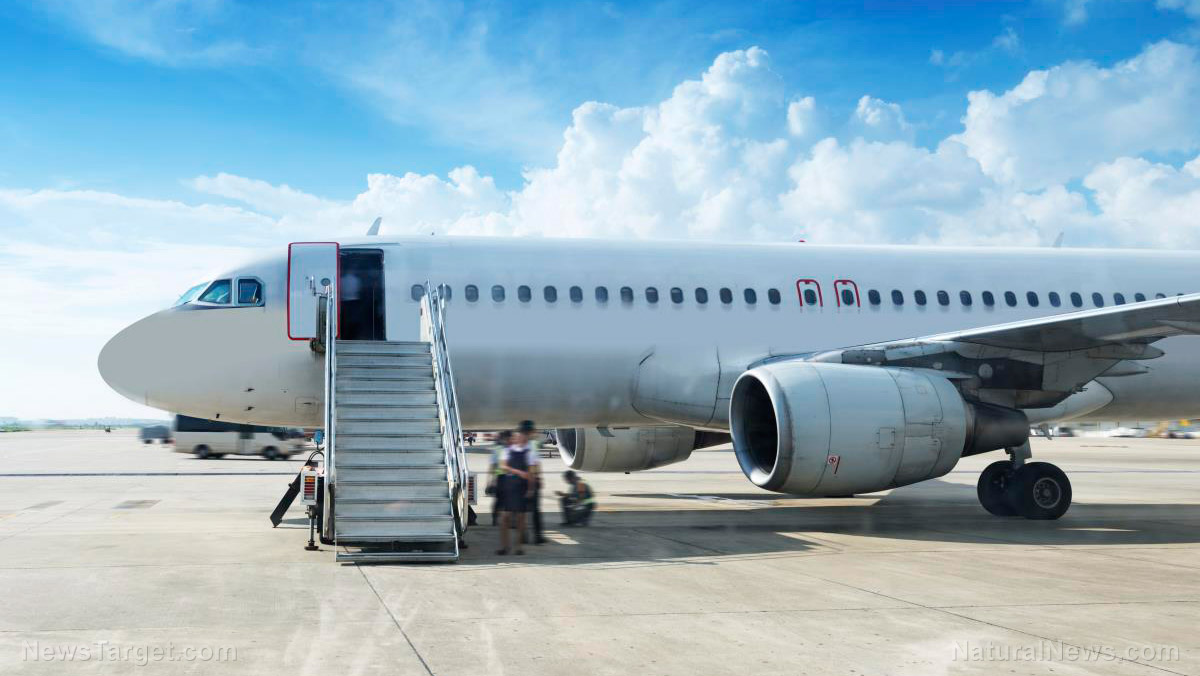Boeing lays off 16,000 employees because nobody is ordering new planes due to the coronavirus pandemic
05/02/2020 / By Ethan Huff
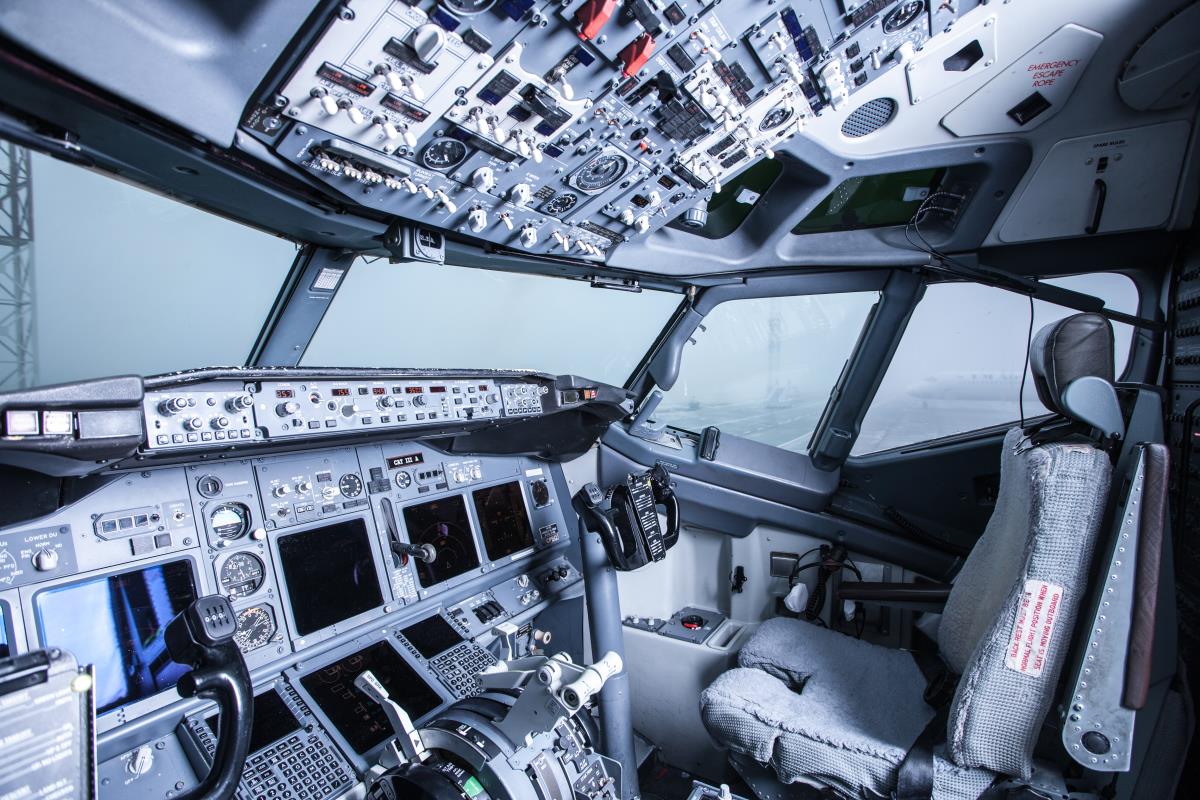
More than 16,000 employees at Boeing have been axed amid the Wuhan coronavirus (COVID-19) crisis as the manufacturing giant faces a lack of new orders for airplanes.
A whopping one in 10 people who make up Boeing’s entire global workforce is now jobless as the airplane company deals not just with declining demand but also continued distrust due to the infamous 737 Max debacle.
Boeing reported a core operating loss of $1.7 billion during the first three months of 2020, as well as an estimated increase of $5 billion tacked on to its 737 Max costs. In other words, Boeing is bleeding cash with no end in sight.
Dave Calhoun, Boeing’s new CEO, says that the Wuhan coronavirus (COVID-19) crisis combined with the 737 Max fiasco has put “unprecedented pressure” on the company. He still claims, however, that Boeing is “progressing toward the safe return to service of the 737 Max.”
As you may recall, Boeing suspended 737 Max production back in December as it awaits a regulatory stamp of approval for the plane’s airworthiness – which may never come, it is important to note.
The company had been seeking a government bailout of tens of billions of dollars, but has since decided to instead borrow $25 billion in the form of a bond. This bond includes seven tranches with maturities that range from anywhere between three to 40 years.
Boeing claims that there is “robust demand” for its bonder offering, which it says “reflects strong support for the long-term strength of Boeing and the aviation industry.”
Listen below to The Health Ranger Report as Mike Adams, the Health Ranger, talks about how the number of deaths caused by Boeing’s 737 Max airplanes is nothing compared to the number of deaths caused by Big Pharma’s chemical poisons:
Boeing rejects $17 billion government bailout, chooses bond loan instead
Calhoun explained in a statement that the latest round of layoffs is concentrated on the parts of Boeing’s business that serve commercial airlines, which are struggling with declines in travel. Boeing’s defense and aerospace projects will be less affected by the layoffs.
At the same time, every element of Boeing’s business is being affected in some way, including its corporate functionality, because everything is intertwined to a degree.
“The COVID-19 pandemic is affecting every aspect of our business, including airline customer demand, production continuity, and supply chain stability,” Calhoun is quoted as saying.
During the first quarter of 2020, Boeing delivered a scant 50 commercial aircraft to its customers, which represents about one-third of the deliveries sent out during this same time back in 2019.
Boeing’s revenues have also subsequently declined from this, not to mention the $800 million in costs associated with the suspension of production of the 737 Max, and the $336 million it cost to fix the “pickle fork” that links the wings to the fuselage on the earlier model 737 Next Generation.
Airbus, Boeing’s major European competitor, has also seen a major decline in income, according to company head Guillaume Faury. According to Faury, it could take as long as five years for passenger aviation to return to pre-coronavirus levels.
Boeing had been offered up to $17 billion in taxpayer-funded aid as part of the Coronavirus Aid, Relief, and Economic Security (CARES) Act, though it decided at the last minute to turn down this offering.
“As a result of the response, and pending the closure of this transaction expected Monday, May 4, we do not plan to seek additional funding through the capital markets or the U.S. government options at this time,” the company announced about its decision to go the bond route instead.
To keep up with the latest Wuhan coronavirus (COVID-19) news, be sure to check out Pandemic.news.
Sources for this article include:
Tagged Under: Boeing, China, Chinese Virus, Collapse, coronavirus, covid-19, disease, economy, global emergency, Global Pandemic, infection, layoffs, novel coronavirus, outbreak, pandemic, risk, unemployment, virus, Wuhan, Wuhan coronavirus
RECENT NEWS & ARTICLES
COPYRIGHT © 2017 MARKET CRASH NEWS

